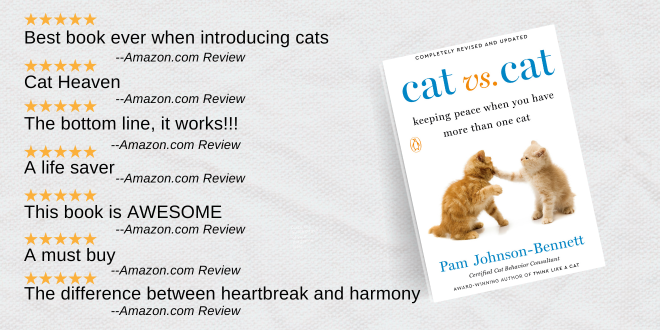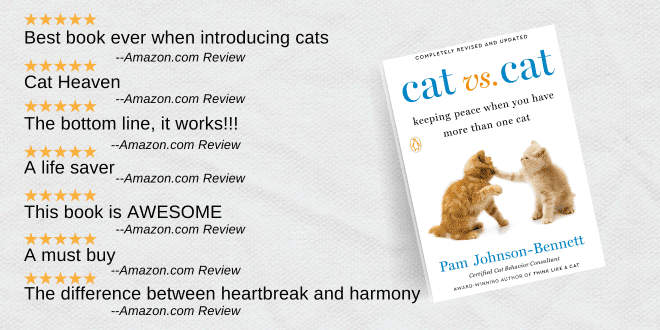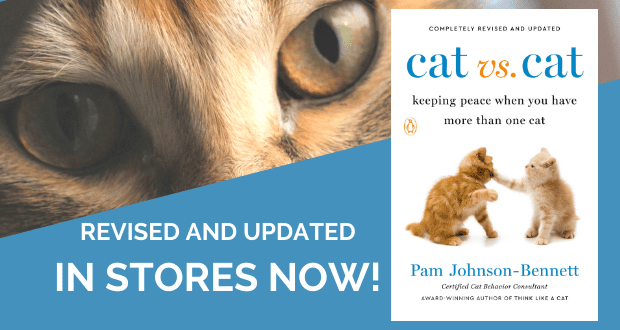What is Animal Hoarding?
For some people, their multiple pet environment crosses over into something dangerous: animal hoarding. I’m not talking about the person who has a large pet household and all the animals are thriving and healthy, but rather, the person who has a large number of animals and the environment is unhealthy and unsafe. Hoarding isn’t about a person who rescues animals and is unaware that they’re getting in over their head – hoarding is about a psychological condition. Hoarding is animal abuse. The animals live in unhealthy and stressful conditions. Although any animal could be hoarded, cats and dogs are more commonly the victims.
Hoarders truly believe they are helping the animals and it’s very common for them to also think they’re the only ones capable of providing care. They don’t see the conditions in which they live as unhealthy or unsafe. Hoarding requires professional intervention.
How Do You Know if a Person is a Cat Hoarder?
Can the person no longer cover the veterinary expenses?
Have family members or neighbors expressed concern about the number of cats?
Is there a strong ammonia smell in the home?
Are there signs of feces, vomit or urine on the floors and carpets?
Are there signs of rodent and/or insect infestation?
Does the occupant of the home seem unaware of the number of cats they have?
Are nutritional compromises being made due to costs?
Has the person stopped cleaning and maintaining the home?
Is the person unable to meet monthly bills due to the costs associated with the cats?
Has the person been issued any warnings from landlords, neighbors or city officials?
Does the person feel no one else could provide care for the cats?
Has the person become secretive about the number of cats they have?
Have friends and/or family been cut off due to the situation with the cats?
How to Help a Cat Hoarder
Basically, if you’re uncertain whether someone just has lots of cats or is actually a hoarder, it comes down to whether that person can maintain healthy and safe living conditions for everyone in the household (animals and humans). If you’re in doubt, it’s time to get a conversation going.
Start a dialogue
No matter how disgusted you may be about the living conditions, keep in mind that animal hoarders don’t realize they’re doing something unhealthy or unsafe. They truly believe they are providing love and care. According to experts, hoarding is often the result of trauma or loss so keep in mind that the person is also in emotional pain. When you begin talking to the person, show care, understanding and tenderness. Confrontation will only lead to the animal hoarder becoming more defensive and closed off.
Help the Cat Hoarder Find Appropriate Professional Help
Rarely will a hoarder seek out professional help on their own because they don’t realize they even have a problem so you need to help them through the process.
If the person isn’t willing to get professional help then you can either contact your local animal control (they can investigate based on the cats not receiving adequate food or medical care, unsafe or unhealthy living conditions, abuse) or your local police (they can investigate based on the local laws regarding number of animals on the property). If at all in doubt, talk to a veterinarian or your local shelter who can provide guidance on the best direction to take.
Contact your local health department or adult social services agency to find additional resources for the cat hoarder.
Create a Support System
Stay in touch with the person during treatment so they don’t feel abandoned. Create a support system involving other trusted friends or family members so you can check in on the person’s progress, be a sympathetic ear, and source of encouragement. The last thing the person needs is for you to shine a light on the problem and then jump ship. Show support throughout the process.
It’s important to stay supportive and be there throughout the process and afterward. Remain a friend. This person is in emotional pain and needs an ongoing support system.
Additional Information:
ASPCA’s FAQ page on animal hoarding
Anxiety and Depression Association of America: information on animal hoarding
Best Friends Animal Society article: Animal Hoarding: when helping gets out of hand





